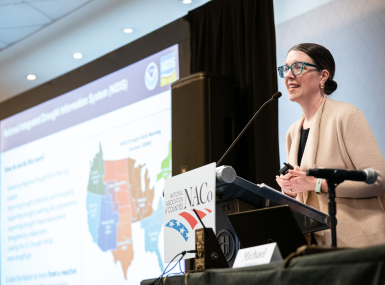Trump Administration signs an Executive Order establishing the One Trillion Trees Initiative Council
Upcoming Events
Related News

Key Takeaways
On October 13, President Donald Trump signed an Executive Order establishing the One Trillion Trees Initiative Council, which will be responsible for coordinating the federal government’s support of the global One Trillion Tree Initiative. The initiative seeks to conserve, restore and grow one trillion trees by 2030. The Executive Order charges departments and agencies across the federal government to identify and pursue actions to further advance the goals of the initiative.
In December 2018, President Trump signed E.O. 13855 “Promoting Active Management of America's Forests, Rangelands, and Other Federal Lands To Improve Conditions and Reduce Wildfire Risk,” declaring that it is the policy of the United States to promote healthy and resilient forests, rangelands and other federal lands by actively managing them through partnerships with states, tribes, communities, non-profit organizations and the private sector. As a result, President Trump announced the United States would join the World Economic Forum’s One Trillion Trees Initiative.
Counties play a key a role in forest management, as 61.6 percent of counties have federal lands within their boundaries. In March 2020, NACo and the U.S. Forest Service (USFS) signed a renewed memorandum of understanding outlining priorities and expectations of both counties and the USFS. Counties support efforts aimed to improve the health of the national forests, protect communities from the threat of wildfire and its aftermath and increase economic opportunities and recreational access on National Forest System lands.

Attachments
Related News

NOAA outlines help for counties navigating drought’s growing risks
In April, the National Integrated Drought Information System will launch the Mid-Atlantic Drought Early Warning System, which will help county officials allocate resources and attention to mitigate drought-related disasters.

House Agriculture Committee introduces 2026 Farm Bill
On February 13, House Agriculture Committee Chairman G.T. Thompson (R-Pa.-15) introduced the House version of the 2026 Farm Bill, the Farm, Food, and National Security Act of 2026.
